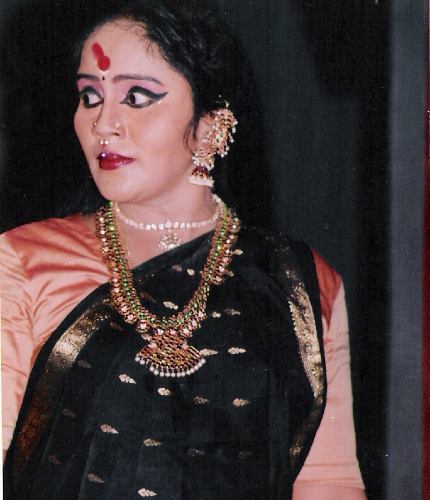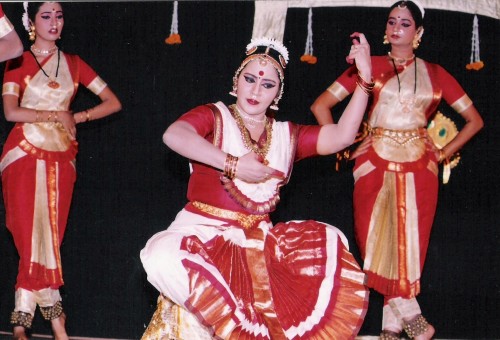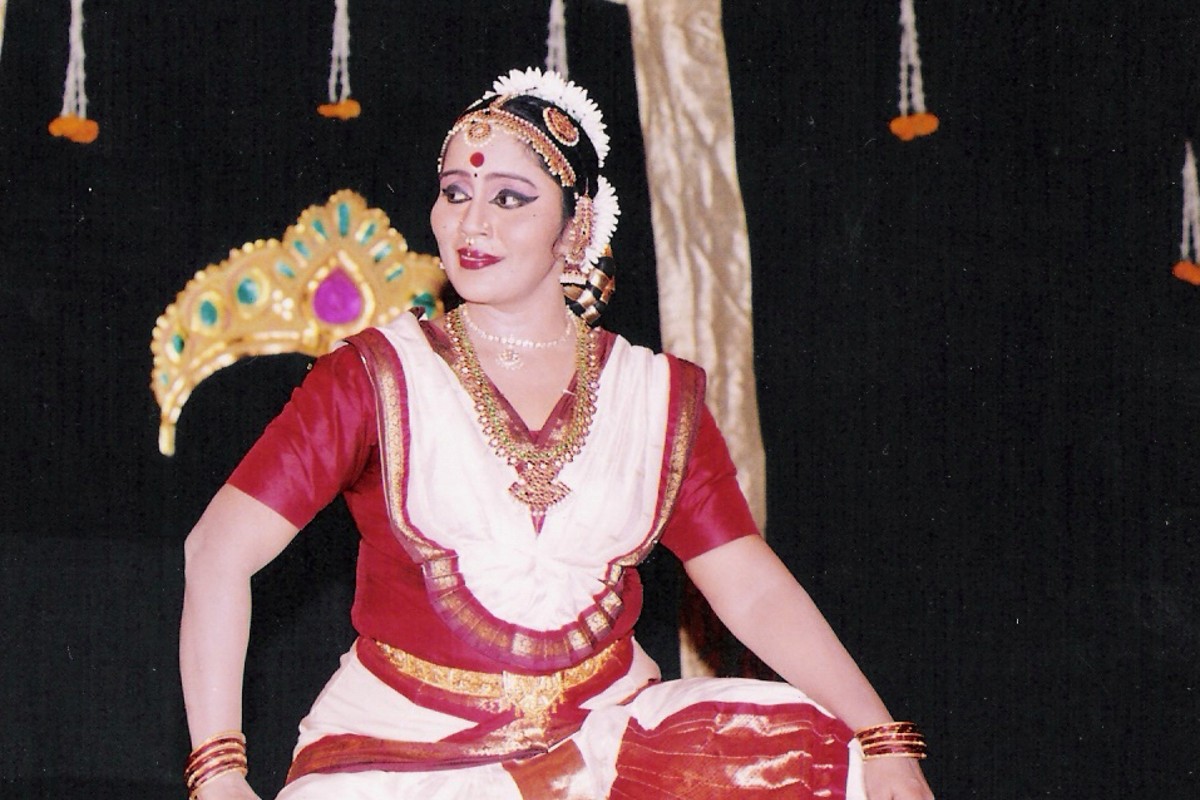
Aindhamudhu, a small speck in a mighty ocean is a tribute to five great Tamil epics - Aimperum Kaappiyam. These literary works described below are invaluable sources that bring to the fore the subtlety of these works par excellence of Tamil culture.
Jeevaka Chintamani by Thiruthakka Thevar, a 9th century poet, is a story of man's journey and understanding of his outstanding prowess, personality, valour, generosity and beauty that are admired and revered by all.
Kundalakesi by Nathakuthanaar is a fragmentary epic containing references to Buddhism (Buddhist Monk Bhik ṣuni). But for a few verses that are mentioned in other literary works, this epic is now lost. The recovered verses are advisory in nature and do not reveal the plot of the epic.





